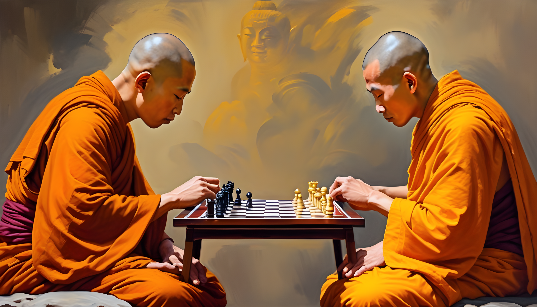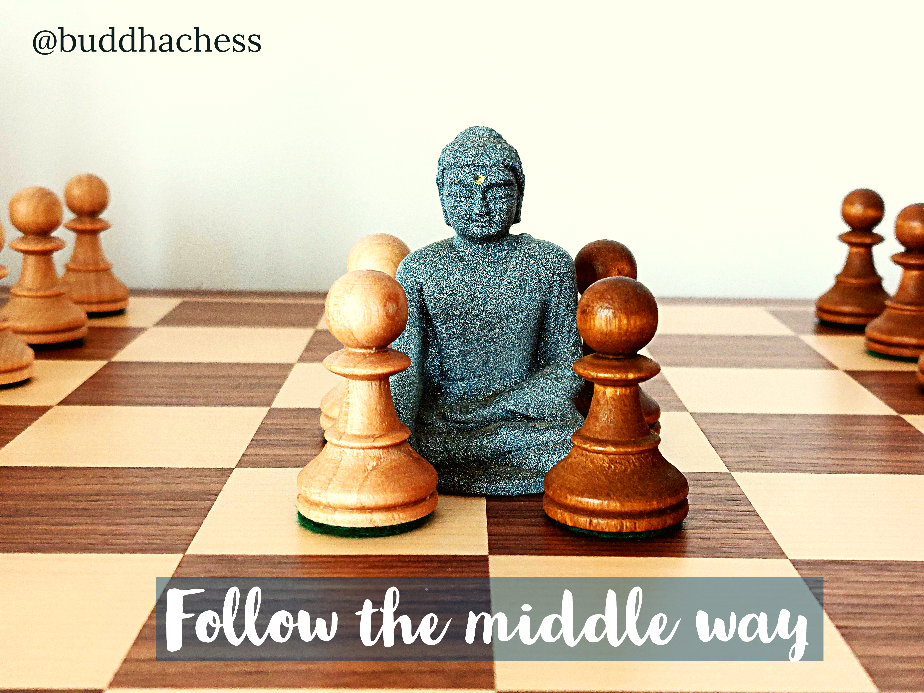
In the intricate dance of life, where strategy and mindfulness intersect, Buddhism and chess surprisingly share common ground. Both offer profound insights into the art of learning from mistakes to pave the way for future victories. In this exploration, we delve into the parallels between the ancient teachings of Buddhism and the timeless game of chess, unveiling the wisdom that lies in reflecting on the past to shape a triumphant future.
- Mindful Reflection: The Power of Presence Buddhism emphasizes the importance of being present in the moment. Similarly, successful chess players recognize the significance of mindfulness during a game. Reflecting on each move, acknowledging mistakes without judgment, and cultivating a deep awareness of the current position on the chessboard are vital for growth.
- Embracing Impermanence: The Ephemeral Nature of the Game Buddhists understand impermanence as a fundamental aspect of life. In chess, no position is permanent, and every move alters the dynamics of the game. By embracing the transient nature of the board, players learn not to dwell on mistakes but to adapt, evolving their strategies with each passing move.
- Non-Attachment: Liberating the Mind from Past Errors Chess players, like Buddhists, benefit from a non-attached mindset. Dwelling on past blunders can cloud judgment and hinder progress. By letting go of attachment to specific moves or outcomes, chess enthusiasts can approach each game with a clear mind, free from the burdens of previous mistakes.
- Patience and Perseverance: The Endgame of Enlightenment Buddhism teaches the virtues of patience and perseverance on the path to enlightenment. Chess, too, demands these qualities, especially when navigating through challenging positions. Recognizing that setbacks are stepping stones to success, players can approach each move with resilience, understanding that the endgame is a culmination of strategic decisions.
- The Middle Path: Balancing Risk and Caution Buddhism advocates for the Middle Path—a balanced approach to life. Similarly, in chess, finding the equilibrium between risk and caution is crucial. Learning from past games helps players discern when to take calculated risks and when to adopt a more cautious strategy, leading to a harmonious and effective gameplay.
Conclusion: As we draw parallels between Buddhism and chess, a profound synergy emerges—one that underscores the transformative power of learning from mistakes. By embracing mindful reflection, acknowledging impermanence, practicing non-attachment, cultivating patience, and navigating the middle path, both the Buddhist practitioner and the chess player can embark on a journey of continuous improvement, ultimately paving the way for triumph in the games of life and on the chessboard.




















